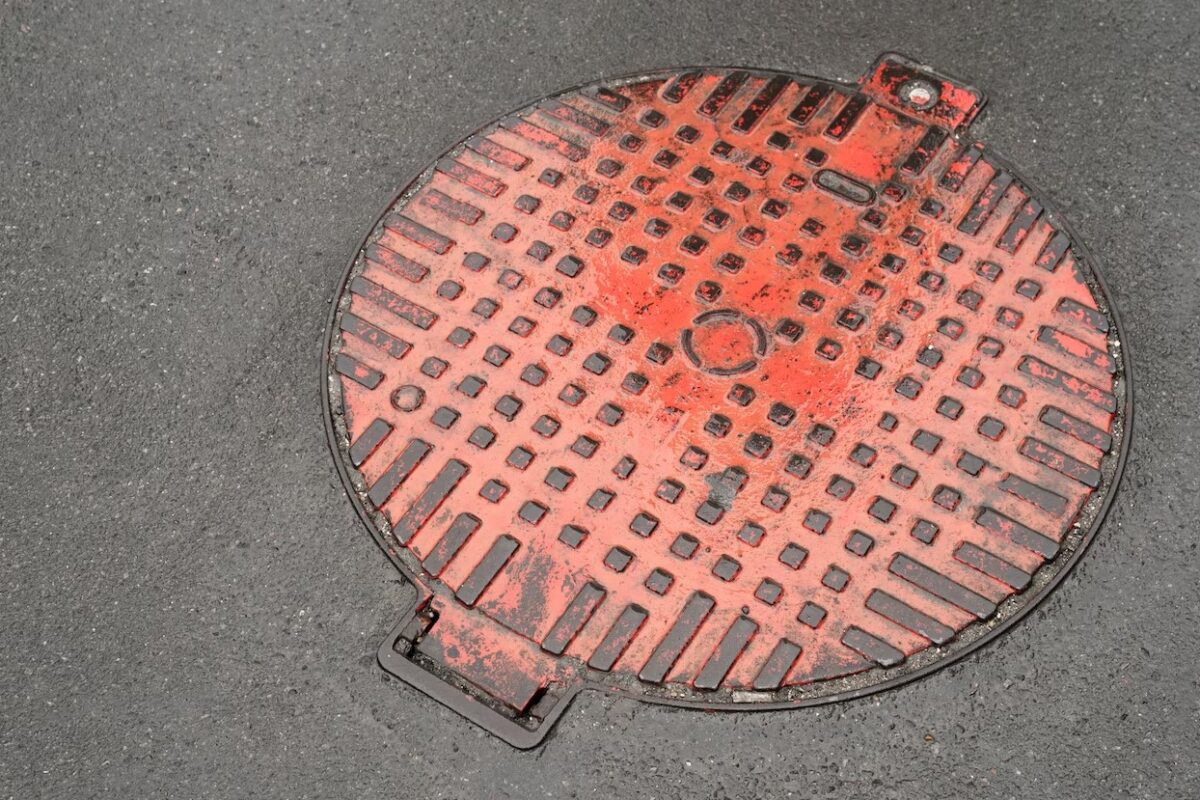Plumbing tunneling services are a specialized type of plumbing service that involves the installation, repair, or replacement of underground pipes and sewers.
These services are typically used when there is a need to access or repair pipes that are located beneath buildings, roads, or other obstacles.
The process involves creating a tunnel or trench to gain access to the pipes and then conducting the necessary repairs or installations.
Plumbing tunneling services are essential in situations where traditional methods of accessing pipes, such as digging or excavating, are not feasible or would cause significant disruption to the surrounding area.
They require the expertise of trained professionals who are skilled in using specialized equipment for tunneling and excavating.
By employing plumbing tunneling services, property owners can ensure that their underground plumbing systems are functioning properly and that any issues are resolved quickly and efficiently without causing extensive damage to the surrounding area.

Understanding the Process and Techniques of Plumbing Tunneling
Understanding the process and techniques of plumbing tunneling is crucial for anyone involved in the construction or maintenance of underground pipes and utilities.
Plumbing tunneling refers to the method of installing or repairing plumbing systems in areas that are not easily accessible.
It involves digging tunnels underground and creating pathways for the pipes to be installed or repaired.
This technique is often used when traditional excavation methods are not feasible due to various constraints such as limited space or the presence of obstacles like buildings or roads.
To execute plumbing tunneling effectively, several steps are involved.
The process starts with a thorough inspection of the area to determine the best route for the tunnels.
Then, the tunnels are excavated using specialized equipment and techniques.
After the tunnels are created, the plumbing pipes are carefully installed or repaired, taking into consideration factors such as the slope, elevation, and proper connections with existing pipes.
It requires skilled professionals who are experienced in tunnel construction and plumbing systems to ensure the process is completed efficiently and without causing disruptions to the surrounding area.
By understanding the process and techniques of plumbing tunneling, professionals in the field can navigate the challenges and complexities that may arise, resulting in successful and reliable plumbing systems underground.
Plumbing tunneling refers to the process of creating underground passages to access and repair plumbing systems. It is commonly used when traditional methods of repair, such as excavation, are not feasible or practical.
Plumbing tunnels are typically created using advanced drilling and cutting equipment, allowing direct access to the pipes without causing extensive damage to the surrounding landscape or structures.
This method is particularly useful in urban areas where space is limited or where underground utilities and structures are present.
Plumbing tunneling requires careful planning and expertise to ensure the safety and efficiency of the operation.
It involves assessing the condition of the pipes, determining the appropriate tunneling technique, and utilizing specialized tools and materials to complete the repairs.
By utilizing plumbing tunneling techniques, plumbing professionals can effectively address issues within the plumbing system while minimizing disruption to the surrounding environment.
The Role of Plumbing Tunneling Services
Enhancing drainage systems is crucial for maintaining the functionality and longevity of any built environment.
One of the key elements in achieving this is the effective installation and maintenance of plumbing tunneling services.
Plumbing tunneling services play a vital role in directing and managing the flow of water beneath the surface, ensuring efficient drainage, and preventing potential issues such as flooding or waterlogging. These services involve the creation of underground tunnels or channels that facilitate the transportation of wastewater or rainwater away from the property.
By utilizing specialized equipment and techniques, plumbing tunneling services can navigate challenging terrains and install drainage systems in areas where traditional methods are not feasible.
Moreover, regular inspection, repair, and cleaning of these underground tunnels are necessary to prevent blockages or leaks that might compromise the overall drainage system.
In summary, plumbing tunneling services are essential in enhancing drainage systems and preserving the integrity of our built environment.










